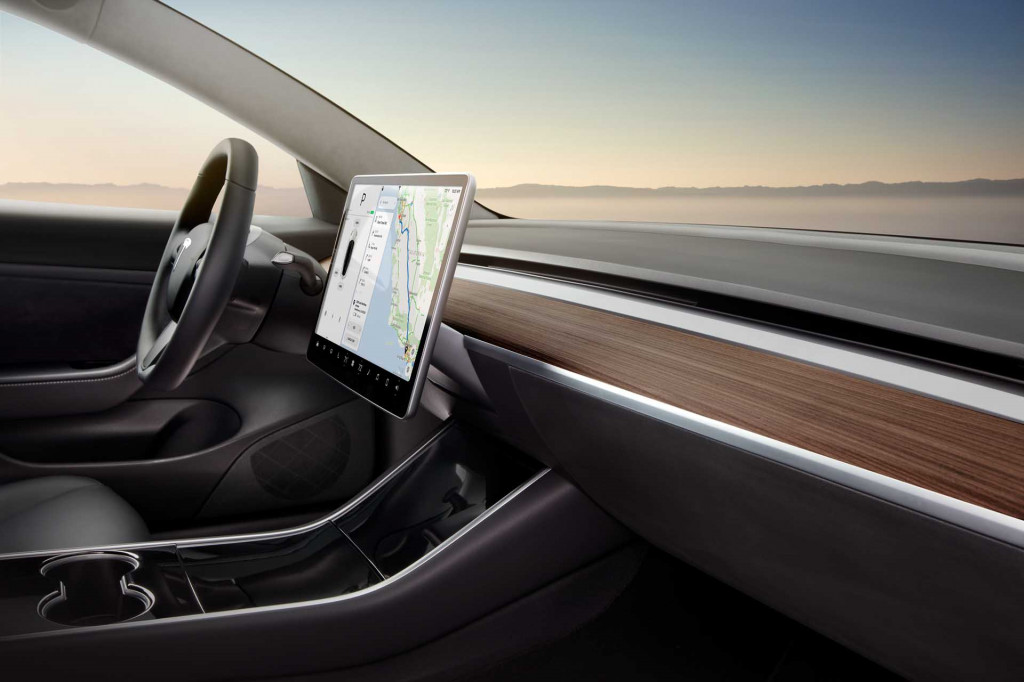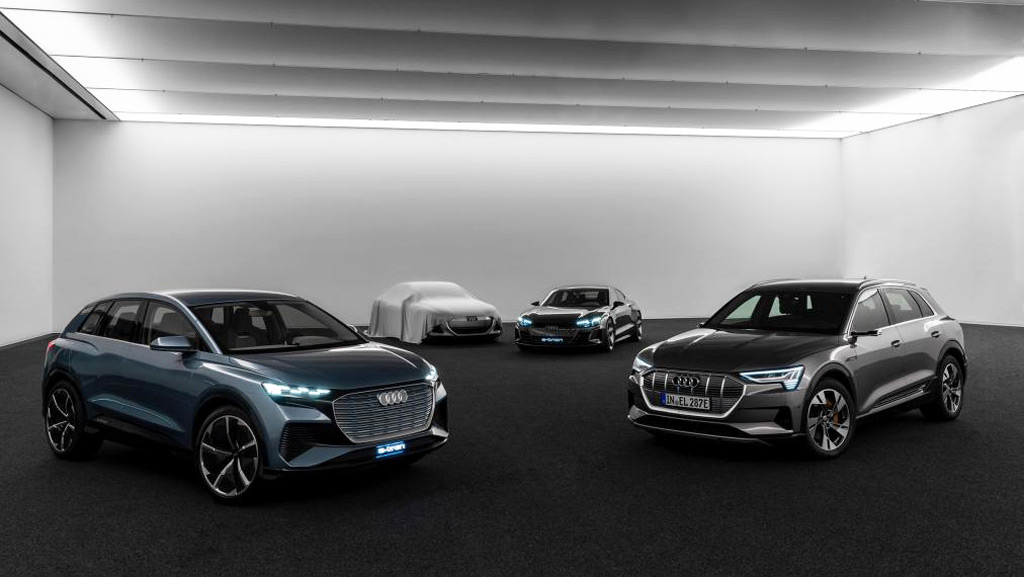Mercedes-Benz, BMW, Audi, and Volkswagen have over decades collectively held on to a reputation that they were on the leading edge, as other automakers around the world seemingly scrambled to follow their tech, design, and engineering.
Over the past several years, some might say that reputation has been usurped by a company from California: Tesla.
Last week, as Tesla provided a financial update with sales up for the quarter versus the previous quarter—and a modest profit—top executives of both Volkswagen and Audi weren’t sparing in their compliments about what Tesla achieved.

2020 Tesla Model 3
That extends not just to the company’s command of propulsion systems and efficiency but also to its effective use of over-the-air updates and connectivity tech.
“Tesla is two years ahead in terms of computing and software architecture, and in autonomous driving as well,” Audi CEO Markus Duesmann told Reuters last week.
Volkswagen CEO Herbert Diess reacted pointedly to Tesla’s financial performance.
“Elon Musk delivers results that many have deemed impossible,” the VW CEO said last week, on LinkedIn. Diess argued that Tesla’s results suggest that “in five to ten years the world’s most valuable company will be a mobility company—that can be called Tesla, Apple, or Volkswagen.”
Tesla CEO Elon Musk has in the past met with Diess and complimented Volkswagen’s plans to go big on affordable electric vehicles.

Volkswagen Group CEO Herbert Diess
Diess promised in 2017 that VW will “leapfrog” Tesla by 2025.
“Anything Tesla can do, we can surpass,” Diess reportedly said at a VW brand-strategy press conference.
However, VW’s launch of the ID.3 has faced software issues, which this month led to a further promotion for Duesmann, to a role overseeing software development for the entire VW Group.
Germany’s Der Spiegel describes its domestic automakers as being caught off guard, and calls the rapidly rising demand for electric vehicles this year a “sudden boom.” But it’s hardly sudden, and it’s a predictable upswing in EV demand precipitated by stronger German and EU incentives that these companies were literally hardwired to.

Tesla to partner with Daimler
Furthermore, Tesla’s ascension is something German automakers have been following closely all along, since Daimler bought a stake of nearly 10% of Tesla in 2009—which Bloomberg this month calculated would be worth $7.3 billion today.
Outside of Porsche, which has a smaller footprint and appears on-message, there are plenty of indications that conflicting messaging and a lack of coordination of resources at rivals has helped Tesla keep its perceived lead.
Just a year ago, BMW’s board member in charge of development, Klaus Fröhlich, called the shift to electrification “overhyped.” BMW didn’t waste words this year in making clear, at the time of its annual shareholders’ meeting, that it was renewing its commitment to electric vehicles.

Teaser for Audi concept based on Volkswagen Group's PPE modular EV platform
Those disparate goals may go to show why Audi is on the right track with its Artemis project, an accelerated EV development team within the automaker that sounds like Ford’s Team Edison.
That strategy could serve Audi well, as it could mark out a template for keeping up in a new era for the industry. Because if other automakers can innovate in the EV space rather than merely keep up, everyone wins.













